A vast majority of patients are in some sort of medical debt along with others who cannot afford quality healthcare. These patients are taken care of by Federally Qualified Health Centers (FQHCs). They fill a huge gap in the healthcare scenario.
They have the ability to provide community-based healthcare for all people. It ensures that the population that does not have the ability to pay for their treatment gets the care they need. It is a huge step in reducing health disparities.
However, this also increases the burden of documentation and billing for FQHC healthcare providers. A dedicated FQHC billing partner reduces this load from the shoulders of healthcare providers.
FQHCs work for underinsured, uninsured, or low-income population. This increases the billing challenges too. The nature of these services and patient population presents several issues that can affect the financial stability of the organization.
Though these organizations are not driven by profit, billing must be done to cover the expenses and keep track of the patient's medical history. The services provided cost money at the end of the day. Maximizing revenue and getting paid for all the services rendered is important for FQHCs. This makes a huge difference in the communities they serve.
A specialized healthcare billing partner can help FQHCs overcome billing obstacles, which ensures compliance with ever-changing regulations. Ultimately improving financial performance!
Let's take a look at how outsourcing it to experts can be the most effective solution.
Billing Challenges for FQHCs
FQHC healthcare billing has a huge number of complexities as it provides healthcare to a huge vulnerable part of society. This makes it difficult for providers to ensure accurate healthcare billing and coding.
Let’s take a deeper look at the biggest billing challenges faced by FQHCs.
Complex Reimbursement Rules
FQHCs have to face multiple complex rules set by multiple payers including the Centers for Medicare & Medicaid Services (CMS). Understanding and complying with these rules is essential for FQHCs if they want to receive accurate and timely reimbursements.
It is also very important for efficiency as managing denials is a hectic and time-consuming process. FQHCs must stay up to date with the frequent changes in reimbursement rules and regulations made by the government as well as the insurance companies. These contracts may vary significantly depending on the reimbursement rates, coding requirements, and claim submission guidelines.
Uninsured or Underinsured Patients
This is a major part of the entire FQHC patient base. These people are dependent on affordability of FQHCs to get proper healthcare. However, this is also a challenge for organizations due to a variety of factors that can impact the billing processes, financial stability and overall patient care of the organization.
Verifying the eligibility of patients that do not have any insurance or are just partially insured is a hectic and time-consuming process. Organizations need to invest in resources for staff training ensuring accuracy in eligibility verification. If you feel all of this is a hassle for you, you can always opt for billing and collection services.
Collecting payments from patients is more challenging in FQHCs. FQHCs can also invest in billing and collection services to pursue payments. If a practice wants to do it by themselves, it will lead to higher administrative costs and delayed revenue.
Coding and Documentation Complexities
FQHCs provide a variety of services such as primary care, dental health, substance abuse, mental health and other preventative services. FQHCs are expected to follow and adhere with the diverse coding systems and encounter-based billing.
Healthcare billing is subject to frequent changes because of the guidelines set by the government or insurance payers. This adds to the complexities of the coding and documentation process.
Being compliant with all the coding and documentation requirements is important for preventing audits, claim denials, and financial penalties. FQHCs need to invest in robust internal auditing and quality assurance processes. This ensures that the coding and documentation practices align with regulatory guidelines and payer requirements.
Staff Training and Turnover
FQHC Healthcare billing is more complex than normal healthcare billing. That is why it requires specialized knowledge to ensure accuracy in reimbursements and have an efficient revenue cycle management.
Staff training presents significant challenges in maintaining an effective and well-functioning billing process. This also affects the turnover.
Due to the vast number of complexities in FQHC billing, staff members must be trained regularly and kept updated about all the compliance policies. Providing ongoing training is time-consuming, costly, and needs dedicated resources.
The billing staff must have a deep understanding of encounter-based billing, reimbursement rules, coding systems, sliding scale fee, and the specific requirements of FDHC billing. You can always opt for an FQHC billing service if you need specific billing and collection services.
Integration of Services
FQHCs provide an integrated approach to healthcare. From primary care to mental health and dental care, FQHC covers a vast domain of healthcare. It improves the patient's experience and outcomes. It also provides a comprehensive approach to patient care, however; it comes with its own set of challenges.
The vast array of services needs coordination across various departments for precise billing. This includes managing various coding systems, documentation requirements, and reimbursement rules which adds complexity to the billing process.
Precise Billing and documentation rely heavily on proactive communication between departments. However, every department has its own workflows and processes which makes seamless management challenging.
Payer Mix Management
The portion of patients covered by different payers can significantly impact FQHCs financial performance and billing process. Managing a diverse payer mix brings several billing challenges.
Every payer has different rules for FQHCs so navigating through these rules and filing accurate claims becomes very complex and time-consuming. Negotiating contracts with all the various payers and understanding the specific terms is very difficult.
FQHCs must manage the contracts according to the payer policies and stay current about any changes. They must also adapt to different billing requirements depending on the insurance payer such as specific claim forms, electronic submission protocol, and documentation standards.
This can all be handled easily if you opt for FQHC billing services.
The Best FQHC Billing Service
If you are looking for FQHC Billing Services, you must consider several factors to ensure the effectiveness of the billing process. Failing to do so might result in a messy billing process.
You can also take the FQHC billing services from Unify Healthcare Services. It is quite famous for providing the best medical billing services in all the domains of medical billing
FQHC billing services is an expertise of Unify Healthcare Services. We have well-trained billers and coders who are proficient with all the elements of medical billing. We are always up to date about the changes in the guidelines and provisions. Be it by the government or the insurance company.
Unify Healthcare Services offer full-fledged medical billing services and are the experts of FQHC billing. With a team of well-trained billers and coders it can reduce a significant amount of load from the shoulders of your staff. This in turn gives your staff time to invest in better patient care.
Unify Healthcare Services envisions making billing and coding easy for every healthcare practitioner so that they only need to focus on their core practice and provide the patients with the care they deserve.


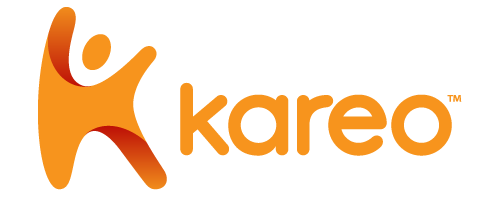





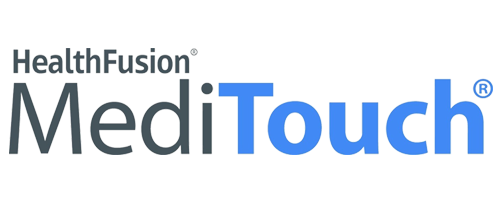


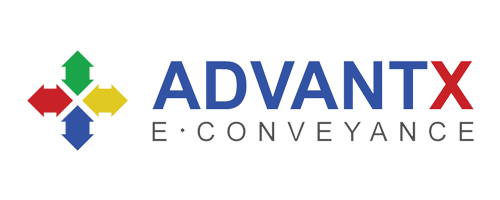
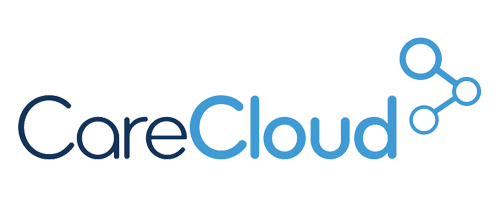
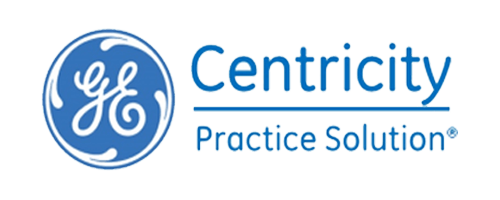
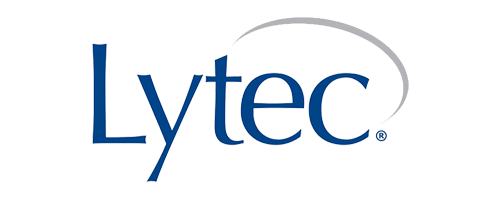
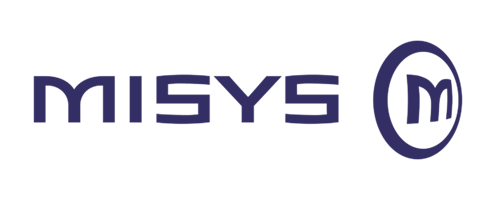
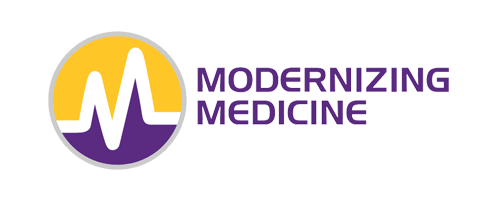


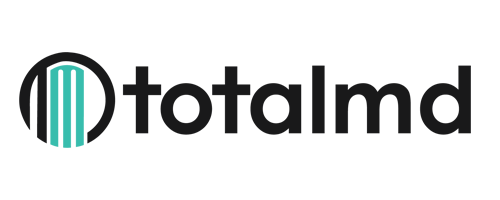
.webp)



 1.jpg)
